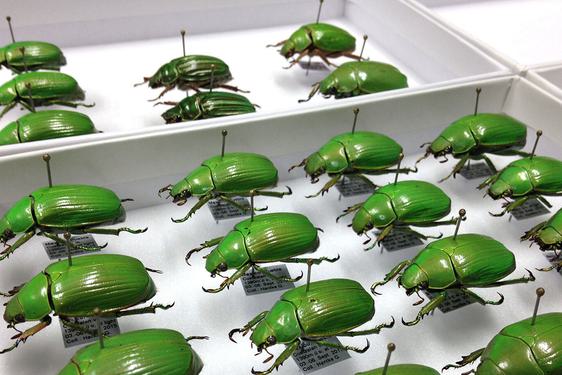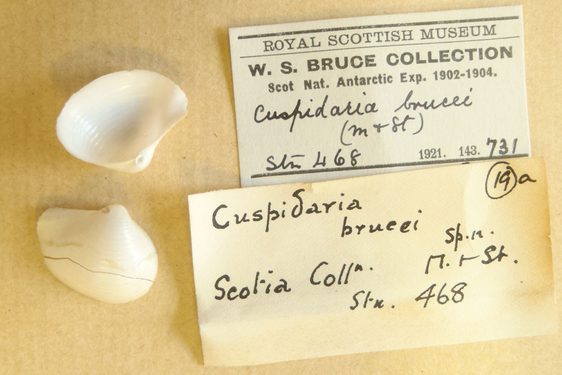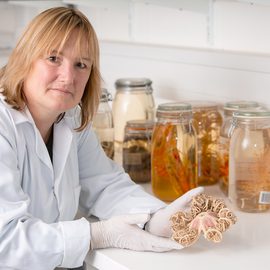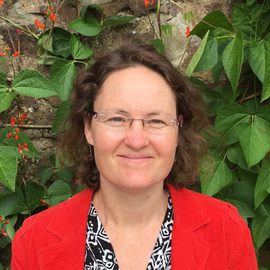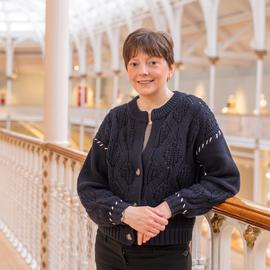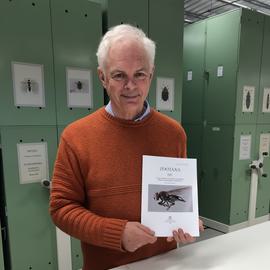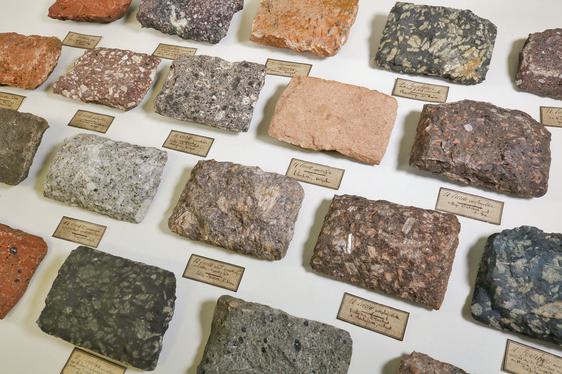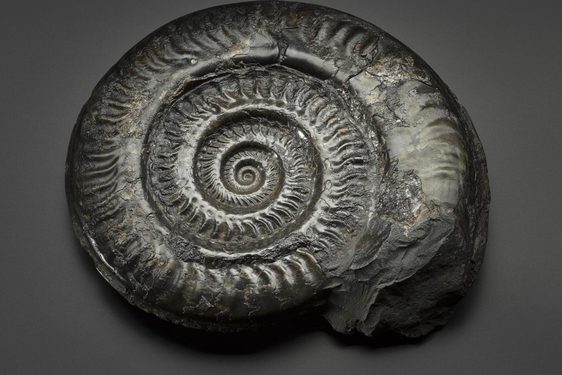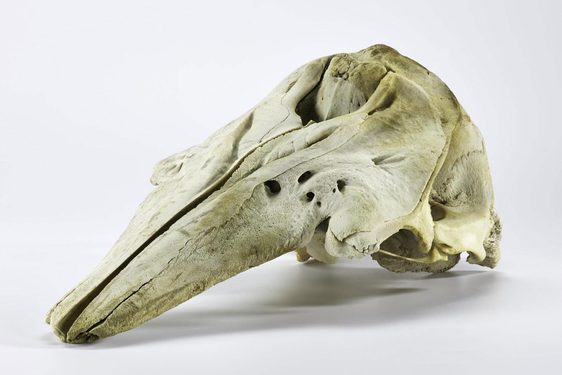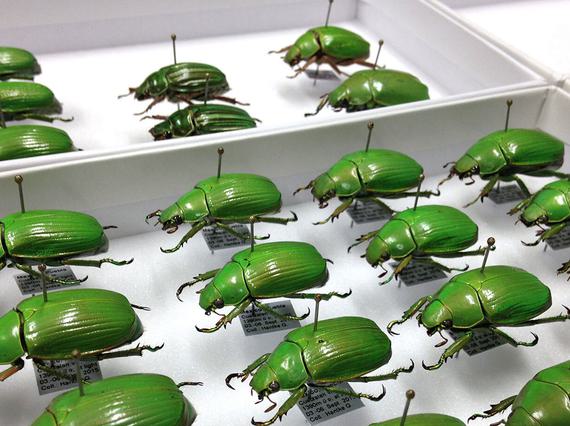
Natural Sciences
Invertebrates
Our Invertebrate collections date from the mid-1800s and include samples of many different groups of animals.
Our Invertebrate collections contain the largest number of specimens in the museum. They can be broadly divided into:
- Insects (Entomology)
- Marine Invertebrates (including sponges, jellyfish, shrimps, crabs, worms, bivalves, gastropods, octopuses, and sea urchins).
In addition there are discrete collections of other terrestrial forms (e.g. spiders and millipedes) and freshwater invertebrates (e.g. snails). The collections are separated into wet preserved specimens, dried specimens and models, and microscope slides.
Meet the team
Research Associates
Natural Sciences news and stories
- Discover

The incredible migration of the Monarch Butterfly
The migration of Monarch butterflies in North America is one of the greatest natural phenomena in the world. It is unusual to see this butterfly in Britain, which makes it our rarest migrant butterfly. - Discover
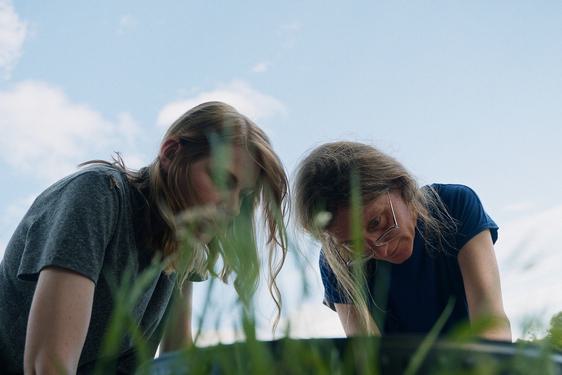
Collecting moths in East Lothian
Alice Balfour collected moths in East Lothian in the late 19th and early 20th century. Explore what we can learn from Alice about biodiversity, and what it's like as a woman working in entomology today. - Discover
10 species spotted on the grounds of the National Museums Collection Centre
Across our sites, we're working to support the local biodiversity. Here’s a look at just a few of the species that can newly be found at the National Museums Collections centre.
